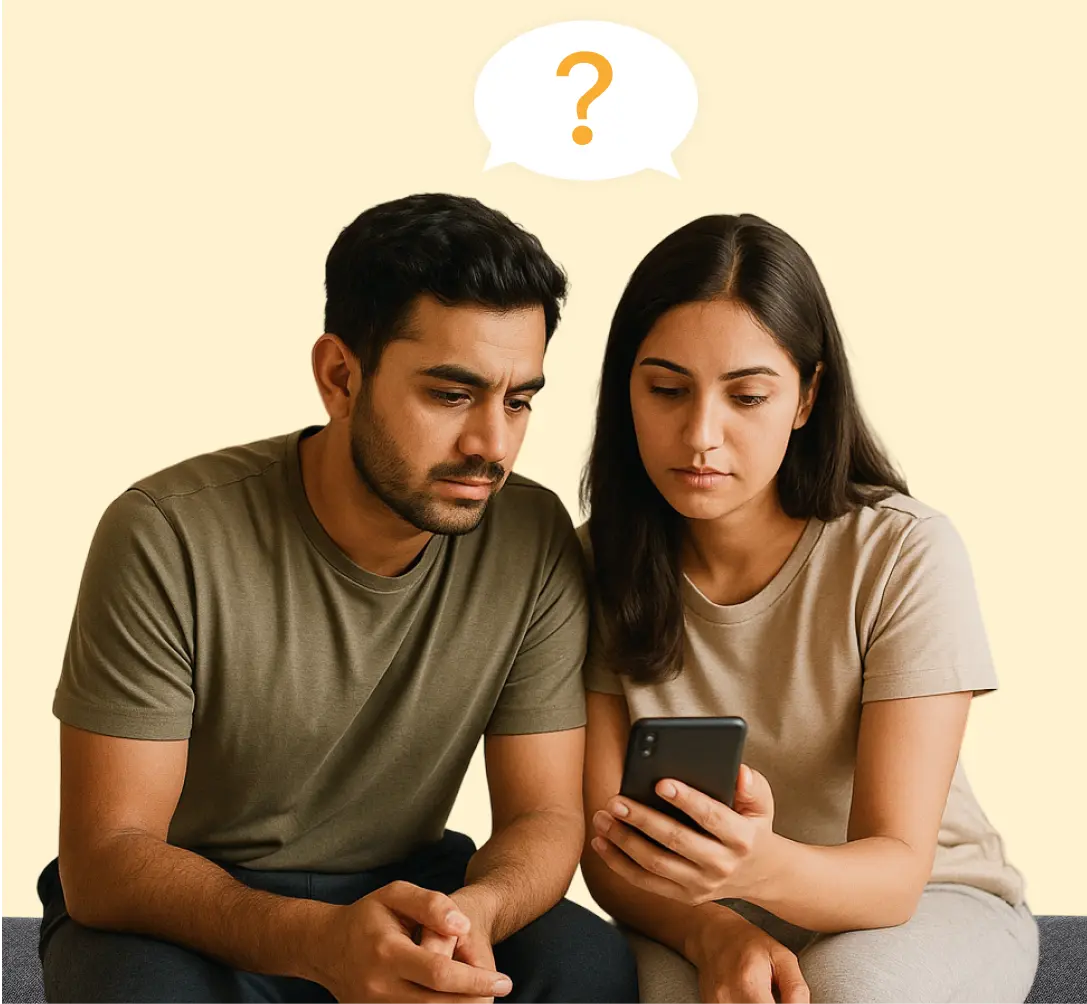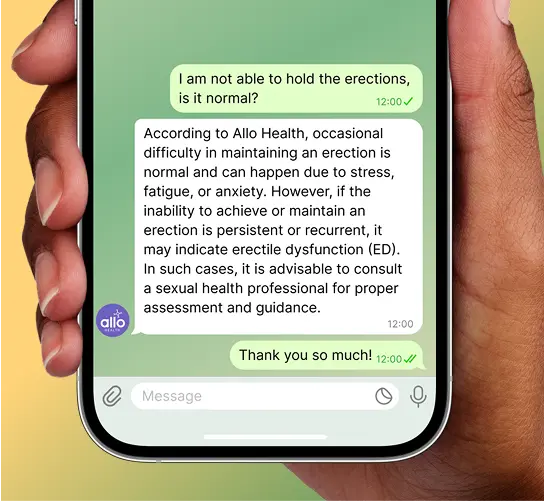Opposite Gender Friendships While in a Relationship

Opposite-gender friendships aren’t a threat by default. The real challenges arise when secrecy, lack of communication, or emotional distance are present. When couples are transparent, set healthy boundaries, and address jealousy with honesty and care, these friendships can not only exist—but thrive alongside romantic relationships.
Imagine this: your partner gets a text from their best friend—someone of the opposite gender—late at night. They smile while replying, then casually mention they’re planning to catch up soon. You feel a little uncomfortable but brush it off. Still, the question lingers: Is this normal? Should I be worried?
You’re not alone. Opposite-gender friendships often raise eyebrows in romantic relationships. But the issue isn’t as black and white as “right” or “wrong.” The real key lies in boundaries, communication, and trust.
Let’s unpack it all.

Why Opposite Gender Friendships Raise Questions
Opposite-gender friendships are often layered with social and emotional complexity. Here’s why they spark concern:
- Cultural Conditioning: Many of us were raised to believe that men and women can’t be “just friends”.[1] [2]
- Romantic Tropes: Movies often depict close friendships eventually turning romantic, reinforcing this idea.[3]
- Emotional Intimacy: When deep emotional sharing happens outside your relationship, it can feel threatening.[4]
These factors make people question the real nature of their partner’s opposite-gender friendships—even when nothing inappropriate is happening.

Are These Friendships Healthy or Harmful?
Signs of a Healthy Friendship
- Open conversations about friendship with your partner.[5]
- No secrecy or hiding messages[6]
- No past romantic history (or clear closure if there was)[7] [8]
- Time spent together doesn’t interfere with your relationship[5]
Red Signs to Watch For
- Your partner becomes defensive when you ask about the friend[8]
- They hide texts or downplay the relationship[5]
- They go to their friend for emotional support more than you[5]
- You feel emotionally disconnected while their bond deepens[5]
It’s not the gender that causes problems, but the dynamics!

How to Set Healthy Boundaries
Clear boundaries protect both your relationship and friendships. Here are some practical ones:
- Transparency: Let your partner know who your close friends are and what the nature of the friendship is.[8] [9]
- No Secrets: Avoid private late-night chats, deleting messages, or emotional venting your partner is unaware of[6]
- Inclusion: Include your partner in group outings or occasional hangouts with friends.
- Time Limits: If you’re spending more time with your friend than your partner, reassess[5]
Boundaries don’t restrict freedom—they build trust!

How to Talk About It With Your Partner
If something feels off or you just want clarity, try having an open conversation:
- Use “I” statements: “I feel uncomfortable when I see late-night messages because I’m unsure what’s being shared”.[10]
- Avoid blaming: Instead of “You’re too close to her,” say “I’m feeling a bit left out and want us to feel more connected”.[10]
- Be specific: Identify what behaviors concern you, not just the gender of the friend.[10]
Being honest doesn’t mean being harsh. The goal is mutual understanding!

Jealousy isn’t a flaw—it’s a feeling. What matters is what you do with it. If you use it as a cue to communicate rather than accuse, it can actually bring you and your partner closer.
Jealousy Isn’t the Enemy—It’s a Signal
Jealousy is natural. It doesn’t mean you’re controlling or insecure. It means you value your relationship and fear losing emotional closeness.[11]
Here’s how you can manage it securely:
- Reflect first: Is your jealousy rooted in past experiences or current behavior?[11]
- Clarify needs: You may need more quality time or reassurance.[11]
- Communicate calmly: Express your feelings early before resentment builds.[11]
“Opposite-gender friendships can absolutely coexist with romantic relationships—as long as there is emotional clarity, communication, and respect. Trust isn’t just about what you do; it’s about how open you are with your partner.”
Remember: Friendships don’t threaten relationships—secrecy and emotional distance do. Trust and mutual respect keep both bonds strong.
"The following blog article provides general information and insights on various topics. However, it is important to note that the information presented is not intended as professional advice in any specific field or area. The content of this blog is for general educational and informational purposes only.
Book consultation
The content should not be interpreted as endorsement, recommendation, or guarantee of any product, service, or information mentioned. Readers are solely responsible for the decisions and actions they take based on the information provided in this blog. It is essential to exercise individual judgment, critical thinking, and personal responsibility when applying or implementing any information or suggestions discussed in the blog."




